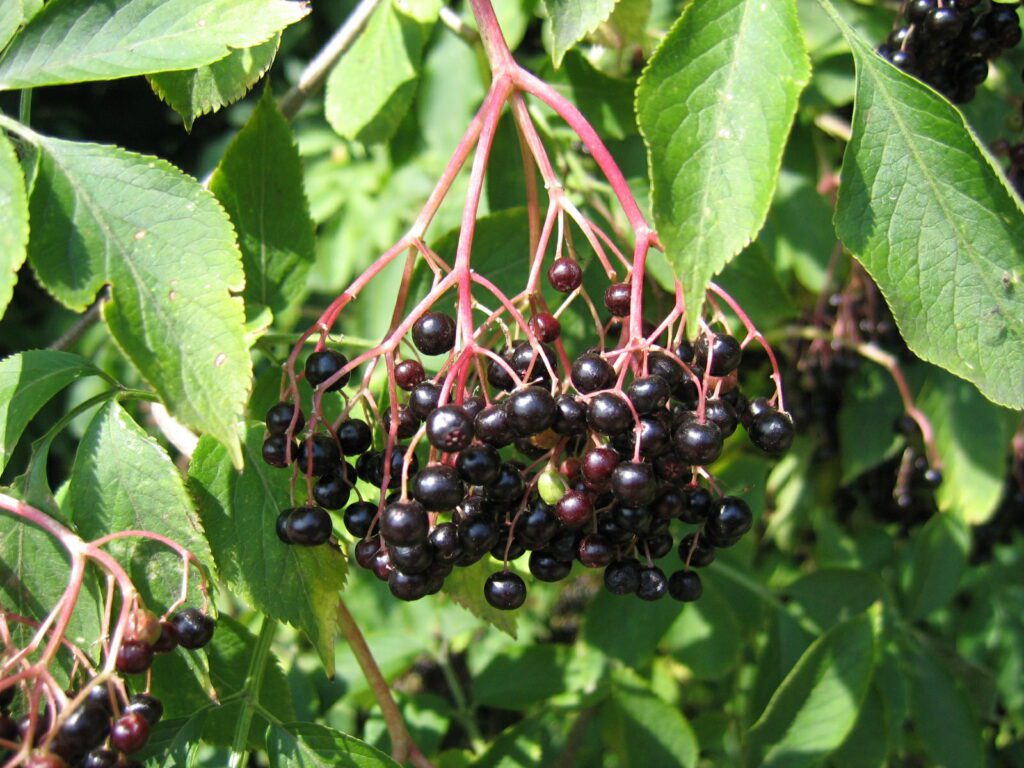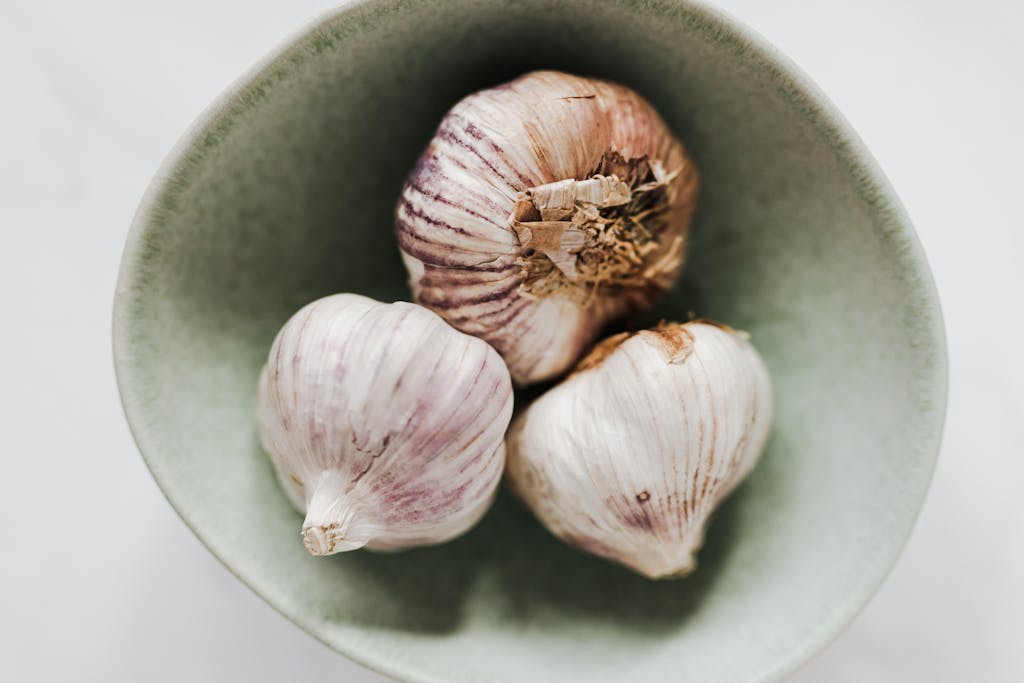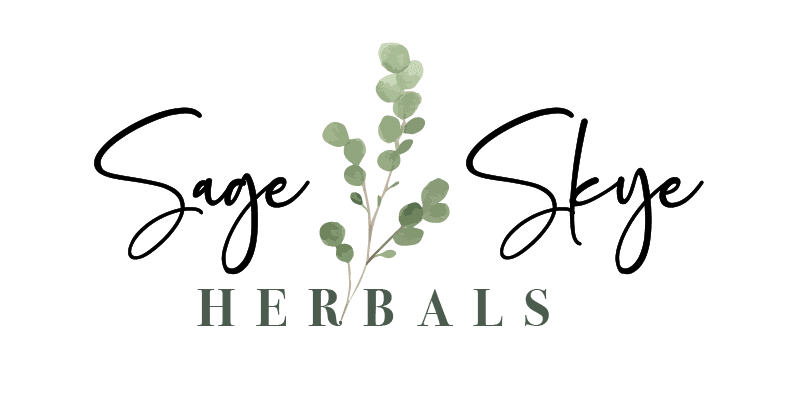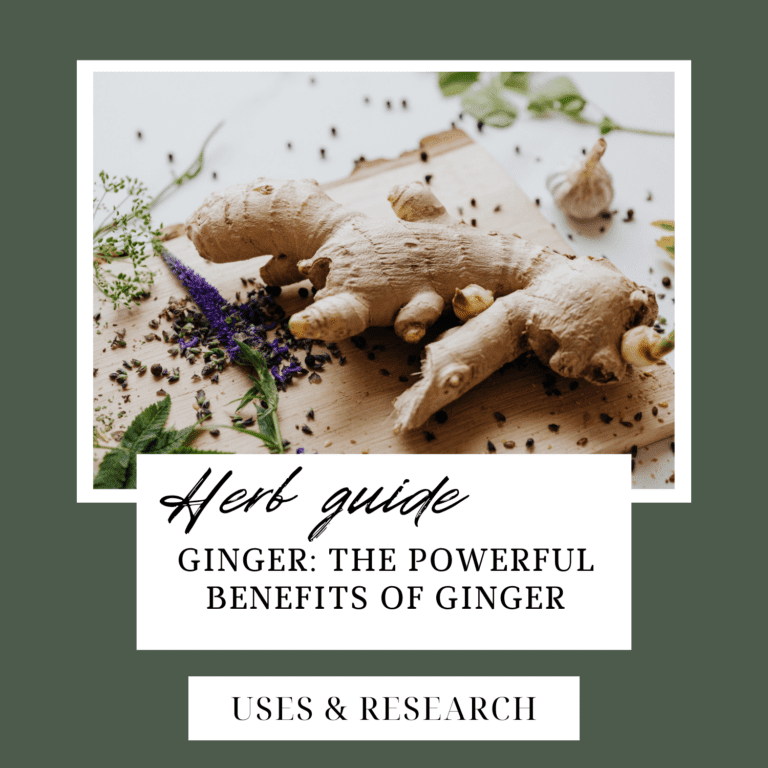
In today’s fast-paced world, maintaining a strong immune system is essential. One of the best ways to support your immune health is through the power of nature. Herbs have been used for centuries to boost immunity and ward off illness. In this post, we will explore four herbs that can help strengthen your immune system and keep you feeling your best.
The Importance of Immune Support
Your immune system plays a crucial role in protecting your body from harmful pathogens and keeping you healthy. It is responsible for identifying and eliminating foreign invaders, such as bacteria, viruses, and toxins. However, factors like stress, poor diet, lack of sleep, and environmental pollutants can weaken your immune system, making you more susceptible to illnesses.
To ensure your immune system is strong and functioning optimally, it’s essential to provide it with the right support. This is where herbs can be incredibly beneficial. Herbal remedies have been used for centuries in traditional medicine systems around the world to enhance immune function and promote overall well-being.
What are Herbs and How Do They Support the Immune System?
Herbs are plants or plant extracts that are used for their medicinal properties. These natural substances contain various compounds that have been shown to possess immune-boosting properties. When consumed, these compounds can stimulate the immune system, enhance its response to pathogens, and strengthen its ability to fight off infections.
Herbs can support the immune system in several ways. They can stimulate the production of immune cells, enhance resistance to infections, reduce inflammation, and provide antioxidant protection. Additionally, herbs can help modulate the immune response, ensuring it is balanced and efficient.
Herb #1: Echinacea
Echinacea is one of the most well-known herbs for immune support. It has a long history of use in traditional Native American medicine for its ability to boost immune function. Echinacea stimulates the production of white blood cells, which are essential for fighting off infections. It also enhances the activity of other immune cells, such as natural killer cells and macrophages, which play a crucial role in identifying and eliminating pathogens.
Additionally, Echinacea has anti-inflammatory properties, which can help reduce inflammation and promote overall immune health. Studies have shown that Echinacea can help prevent and reduce the severity of the common cold and upper respiratory infections. It is available in various forms, including capsules, tinctures, and teas.
To incorporate Echinacea into your daily routine, follow the recommended dosage instructions on the product label. It is generally advised to take Echinacea at the first sign of illness or during times when your immune system may be compromised, such as during periods of high stress or when traveling.

Herb #2: Elderberry
Elderberry is a dark purple fruit that has been used for centuries for its medicinal properties. It is rich in antioxidants, particularly flavonoids, which help protect the body’s cells from oxidative stress caused by free radicals. Elderberry also contains vitamins A and C, which are essential for immune health.
Studies have shown that Elderberry can help reduce the severity and duration of cold and flu symptoms. It has been found to inhibit the replication of viruses and enhance the body’s immune response. Elderberry is available in various forms, including syrups, tinctures, gummies, and teas.
To incorporate Elderberry into your daily routine, consider taking it as a preventive measure during cold and flu season or when you are exposed to sick individuals. Follow the recommended dosage instructions on the product label and consult with a healthcare professional if you have any underlying health conditions or are taking medications.

Herb #3: Astragalus
Astragalus is a powerful herb that has been used in traditional Chinese medicine for centuries. It is known for its immune-enhancing properties and its ability to strengthen the body’s resistance to infections. Astragalus contains compounds called polysaccharides, which have been shown to stimulate the production of immune cells and enhance their activity.
Additionally, Astragalus has antioxidant and anti-inflammatory properties, which can help protect the immune system from damage and reduce inflammation. It is available in various forms, including capsules, extracts, and teas.
To incorporate Astragalus into your daily routine, follow the recommended dosage instructions on the product label. It is generally advised to take Astragalus as a preventive measure to support overall immune health. However, if you are pregnant, breastfeeding, or have an autoimmune condition, it is important to consult with a healthcare professional before using Astragalus.

Herb #4: Garlic
Garlic is a culinary herb that is well-known for its immune-boosting properties. It contains a compound called allicin, which has antimicrobial properties that can help fight off bacterial and viral infections. Garlic also has antioxidant and anti-inflammatory effects, which can support immune function and reduce inflammation.
Studies have shown that regular garlic consumption can help reduce the risk of developing common illnesses, such as the common cold and flu. It is available in various forms, including fresh cloves, supplements, and powdered garlic.
To incorporate garlic into your daily routine, consider adding it to your meals or taking a garlic supplement. However, keep in mind that excessive garlic consumption may cause digestive discomfort in some individuals. If you are taking blood-thinning medications or have a bleeding disorder, it is important to consult with a healthcare professional before increasing your garlic intake.

How to Incorporate These Herbs into Your Daily Routine
To reap the benefits of these immune-boosting herbs, consider incorporating them into your daily routine in the following ways:
- Take them as supplements: Look for high-quality supplements that contain standardized extracts of these herbs. Follow the recommended dosage instructions on the product label.
- Drink herbal teas: Enjoy a cup of herbal tea made from these herbs. Look for teas that are specifically formulated for immune support or create your own blend using dried herbs.
- Cook with fresh herbs: Add fresh herbs like garlic to your meals to enhance their flavor and provide immune support.
- Make herbal syrups: Create homemade herbal syrups using these herbs to support your immune system. Mix them with honey or other natural sweeteners for added taste.
Remember to consult with a healthcare professional before incorporating these herbs into your routine, especially if you have any underlying health conditions or are taking medications.
Other Natural Ways to Support Your Immune System
In addition to incorporating these herbs into your daily routine, there are other natural ways to support your immune system:
- Eat a balanced diet: Consume a variety of fruits, vegetables, whole grains, lean proteins, and healthy fats to provide your body with the nutrients it needs for optimal immune function.
- Get enough sleep: Aim for seven to eight hours of quality sleep each night to allow your body to repair and regenerate.
- Manage stress: Practice stress-reducing techniques, such as deep breathing, meditation, yoga, or engaging in hobbies that bring you joy.
- Stay physically active: Engage in regular exercise to support overall immune health and reduce inflammation.
- Stay hydrated: Drink plenty of water throughout the day to keep your body hydrated and support immune function.
Precautions and Considerations When Using Herbs for Immune Support
While herbs can be incredibly beneficial for immune support, it’s important to exercise caution and consider the following precautions:
Consult with a healthcare professional: Before using any herbs or supplements, especially if you have underlying health conditions or are taking medications, it’s important to seek guidance from a healthcare professional.
Follow recommended dosage instructions: Adhere to the recommended dosage instructions on the product label or as advised by a healthcare professional. Taking excessive amounts of herbs can have adverse effects.
Be aware of potential interactions: Some herbs may interact with certain medications or have contraindications for specific health conditions. It’s important to be aware of potential interactions and consult with a healthcare professional if you have any concerns.
Final Thoughts
By incorporating these four herbs for immune support into your daily routine, you can give your immune system the support it needs to keep you healthy and thriving. Echinacea, Elderberry, Astragalus, and Garlic each offer unique properties that can enhance your body’s natural defenses and promote overall well-being. However, it’s important to remember that herbs are not a substitute for a healthy lifestyle. Eating a balanced diet, getting enough sleep, managing stress, staying physically active, and practicing good hygiene are all essential for maintaining a strong immune system. Take care of your immune health, and it will take care of you.






